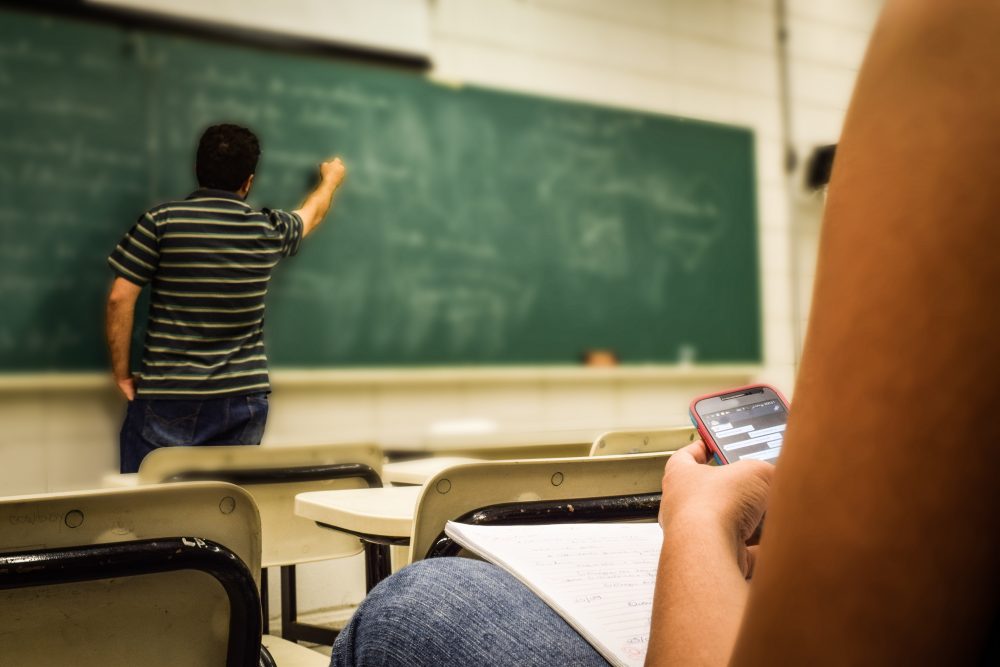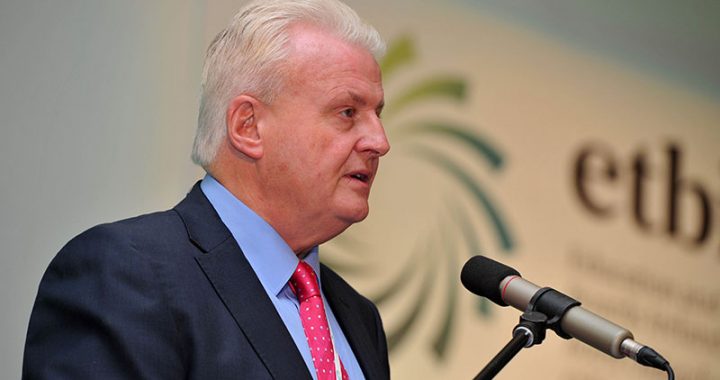
As we are all well aware our schools and education systems can play a pivotal transformational role in building a more inclusive society where universal values are respected. As our communities become increasingly multicultural many of our schools will operate from a multicultural setting.
Promoting a more inclusive , respectful society was at the core of civic education in years past. Today citizenship education is the all important subject that seeks to promote , inter alia, inclusiveness and respect for diversity.
In an era where social media plays a role in the radicalisation of some young people, our education systems need to avail of every opportunity to win the hearts and minds of all our youth to become good citizens . As young people are often most vulnerable to both positive and negative influences we need to act decisively to promote their critical thinking skills.
Research shows us that there are both “push” and ” pull” factors which promote radicalism and extremism and which can radicalise certain vulnerable people. The most common ” push” factors are where there is real or perceived inequalities,discrimination or marginalisation. The “pull” factors can be a sense of belonging or togetherness which is promoted on social media by certain radical groups and which can attract those who feel alienated or excluded from society.

While social media is a powerful force for change it is also a weapon which can be used to draw certain people towards a cause. The more a person follows a topic or theme the more often will algorithms feed similar material to the reader. Thus, a particular prejudice can be enhanced and the person can become more extreme in their attitudes. Countering these trends is a new cause for education across member states of the European Union .
Now more than ever we need to prioritise citizen education in our schools and educators now play a critical role in countering the threats from the poisonous influences of radicalism and extremism on students and youth in all countries.
One significant aim of education today is to promote civic-minded, active citizens who may be from culturally diverse backgrounds but who learn to share common values . In European societies these common values are freedom, democracy, tolerance , equality and respect for human rights. These are values which have to be learned if they are to be respected and valued. Schools are at the core of this objective as they seek to enhance social, civic and intercultural competencies.
Schools promote citizen education by embedding the universal values of democracy, tolerance, equality and freedom in their students . They support and assist their students in multicultural settings to develop the knowledge,skills and competencies to resist the forces of radicalism and extremism .In this way schools help students to be active and responsible citizens.

In 2017 UNESCO stated that ” every learner matters and matters equally” . Equality of access to education for all students must be at the heart of inclusive education. Therefore, inclusive education and citizenship education are inextricably linked because they are both concerned with human rights and social justice.
Schools generally adopt a whole-school approach to citizenship education and they need to be supported with the necessary policy framework, resources, training and supports to address the challenges of teaching in multicultural settings. They need these resources to better deal with citizenship education and the inculcation of universal democratic values in all their students.
Social cohesion has been lacking in some European communities so the challenge for societies and schools is to prevent social exclusion and alienation by moulding committed and responsible citizens in inclusive education settings. Discrimination or feeling marginalised can lead to hatred and inspire violence from those who feel excluded. Policy makers should be aware of these threats and they should know the value of education in maintaining social cohesion. Education is not about facts but about values and these need to be cherished and supported as we grow the citizens of tomorrow.
” is there anything worse for a state than to be split and disunited? Or anything better than cohesion and unity”- Plato.

